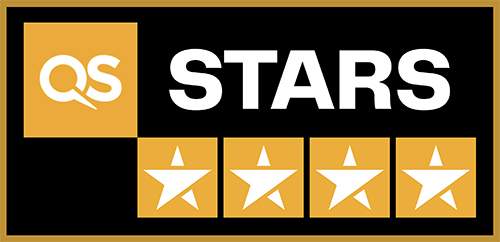NEWS
Educational Programs in Finance and Accounting were discussed for the next time
A subsequent discussion was held at Azerbaijan University, organized by the Faculty of Business and Economics, as a continuation of the initial meeting aimed at improving the curriculum for Finance and Accounting majors. The event brought together Radil Fatullayev, President of the Economic Research and Training Center; Lala Abasova, head of the University’s Quality Assurance Department; Nahid Almasov, Deputy Dean of the Faculty of Business and Economics; Nariman Boyukkishi, head of the Department of Finance and Accounting; and Firudin Mammadov, a faculty member of the same Department.
During the meeting, participants proposed a professional overhaul of the content within the finance and accounting programs, emphasizing the need to enhance topic sequencing and to define learning outcomes in alignment with qualification requirements. Also attention was drawn to the importance of differentiating the content and placement of general economics courses – “Introduction to Economics,” “Microeconomics,” and “Macroeconomics” – as they are also taught across other disciplines.
The discussion included a broad exchange of ideas on structuring the curriculum to progress from foundational to advanced topics, maintaining a balance between core and elective courses, and aligning syllabi and learning outcomes with the competencies expected at a higher education institution. As an illustrative example, the courses “Introduction to Accounting” and “Introduction to Financial Operations” were proposed to be merged into a 60-hour introductory module to teach basic concepts and principles in the first year. In subsequent years, students would advance to more specialized subjects, such as Financial Accounting, Managerial Accounting, and Tax Accounting, building upon the foundational knowledge acquired earlier.
Participants also recommended that the curricula include subtopics within each subject, a list of core reading materials, assessment criteria, and modern teaching methodologies. Among the proposed approaches were case-based learning, problem-solving techniques, and the integration of online courses, discussion forums, and other supplementary resources.
As a result of the discussion, a draft of an alternative curriculum for Finance and Accounting majors was developed and a decision was made to further refine and structure this draft and to present it for final review at the departmental level.
It is worth noting that these approaches are intended to serve as the foundation for the development of new bachelor’s and master’s degree programs in Finance and Accounting.
Public Relations Department

